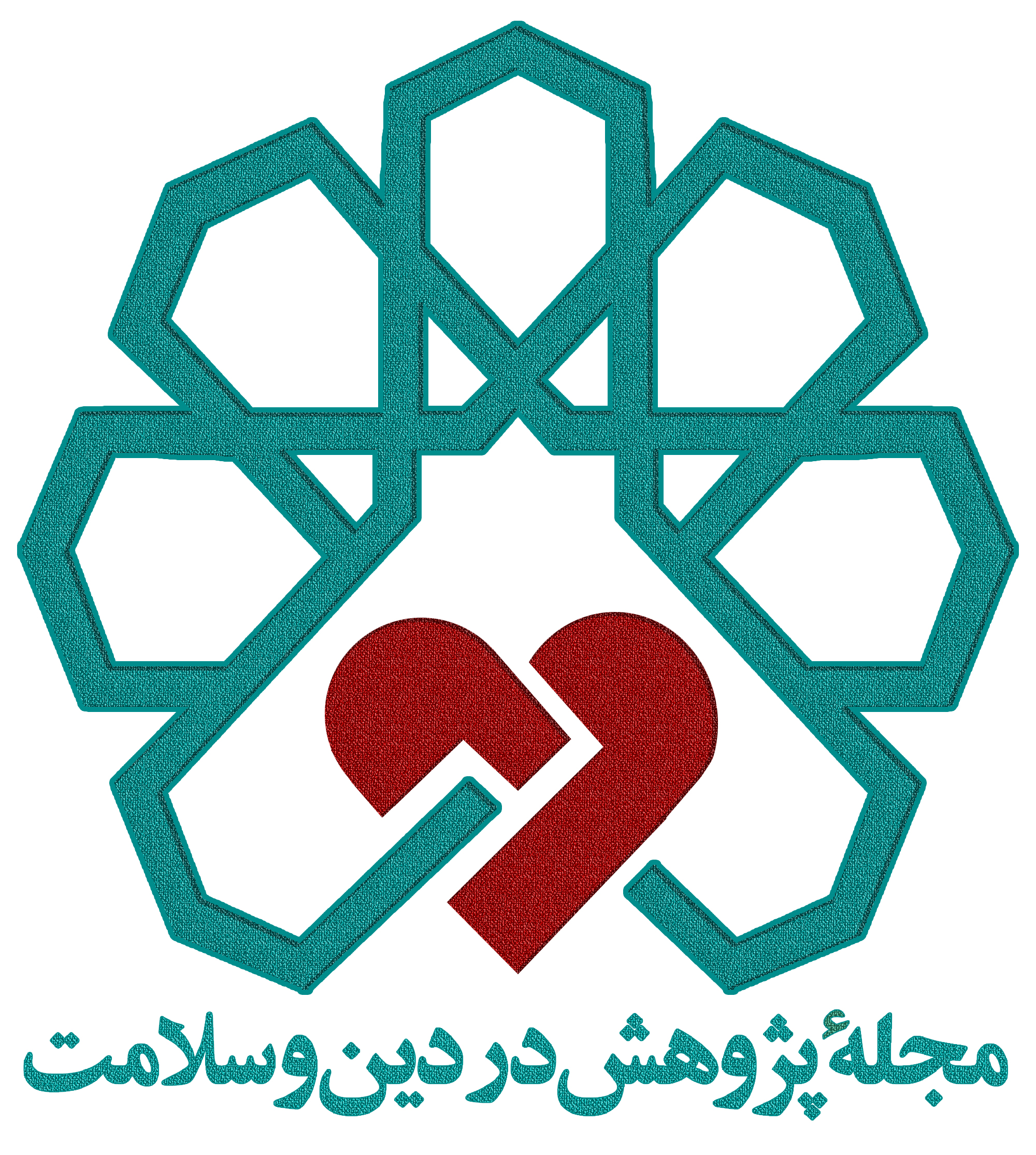Background and Objectives: According to religious instructions, trusting God is the best reason to provide mental health, and research in this area confirms this reality. Students as the most important segments of society are now at risk of mental health problems. The purpose of this study was to evaluate the relationship between trusting God and mental health on medical students at Shahid Beheshti University of Tehran.
Materials and Methods: The type of this study is descriptively (field study) and sampling method is available sampling. In this study, 400 students of Shahid Beheshti University of Medical Sciences in Tehran were randomly selected. Data collection techniques are trusting God Questionnaire (seeking disasters and live events) & SCL- 90 (Symptom Checklist 90). Data were analyzed using SPSS software and descriptive statistics (mean and standard deviation) and inferential statistics (Pearson correlation).
Results: The findings show that a significant correlation between trusting God and mental health (P< 0.05). It was observed statistically significant correlation between trusting God and mental health in variables of depression, anxiety, somatization, interpersonal sensitivity and aggressiveness (-0.21, -0.22, - 0.31,- 0.26, and -0.16) and need to be clarified. Also there was a significant correlation between sub - scale trusting God Inventory (Assignment, Others, Self) and mental health Inventory (-0.28, -0.27, -0.30).
Conclusion: The results of this study showed that, there is a strong correlation between trusting God & mental health, and trusting God as a psychological reinforcement, is one of the most effective Coping mechanisms spiritual – religious that can be used to provide mental health promotion and psychological well-being of community.

